Afternoon Presenters
The American Dream Board Game
Red 21 & 22
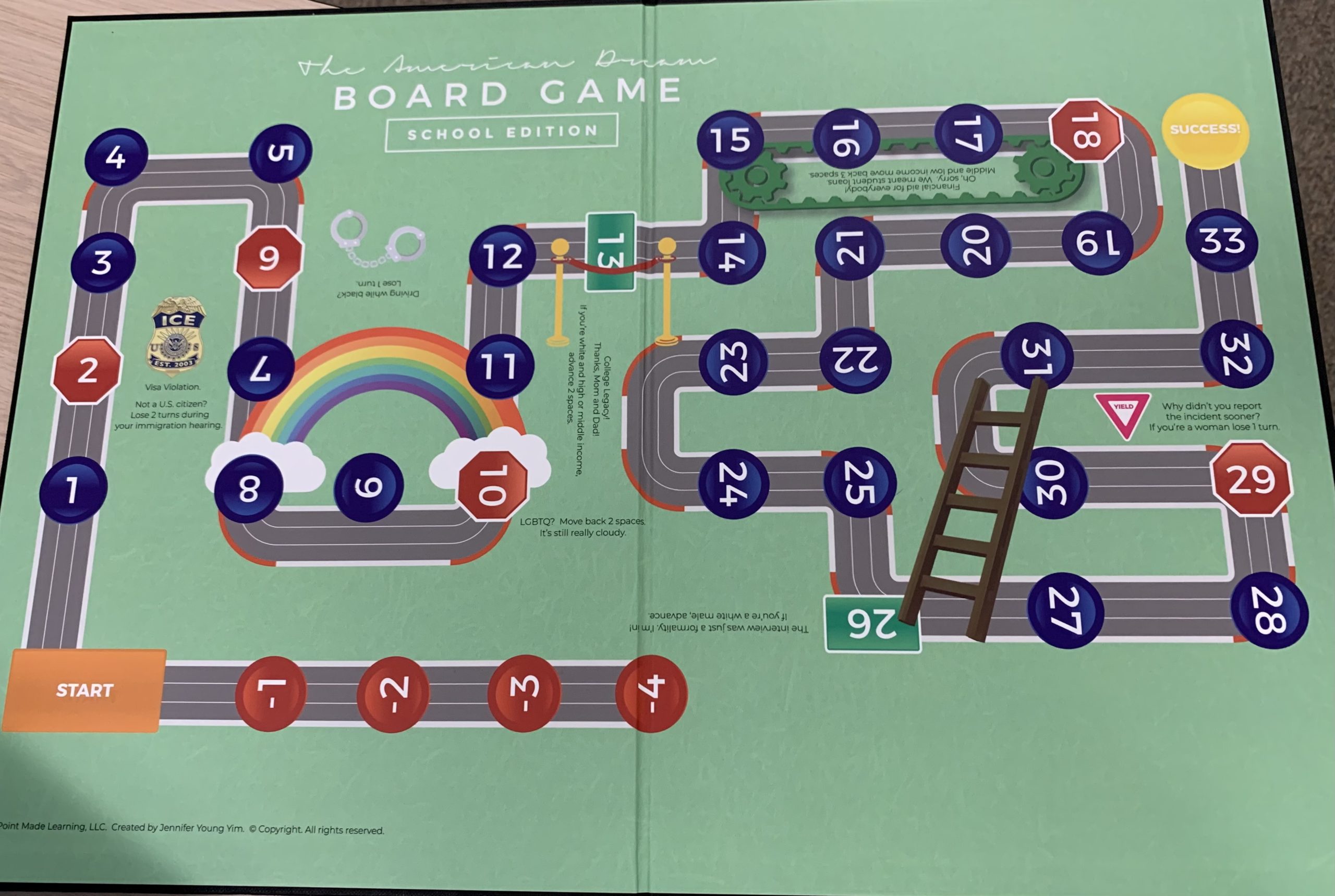
Are there systemic barriers to success to certain marginalized populations?
Students from the Rutland High School Global Citizenship Class
Spend some time in someone else’s shoes by playing the board game (created by Point Made Learning) that explores how bias, stereotypes, discrimination, and systemic inequity can block one’s path toward achieving the “American Dream.”
Local Issue: Awareness of Societal Discrimination
SDG: Reduced Inequalities
Global Issue: Education For All
World Peace Game
White 22
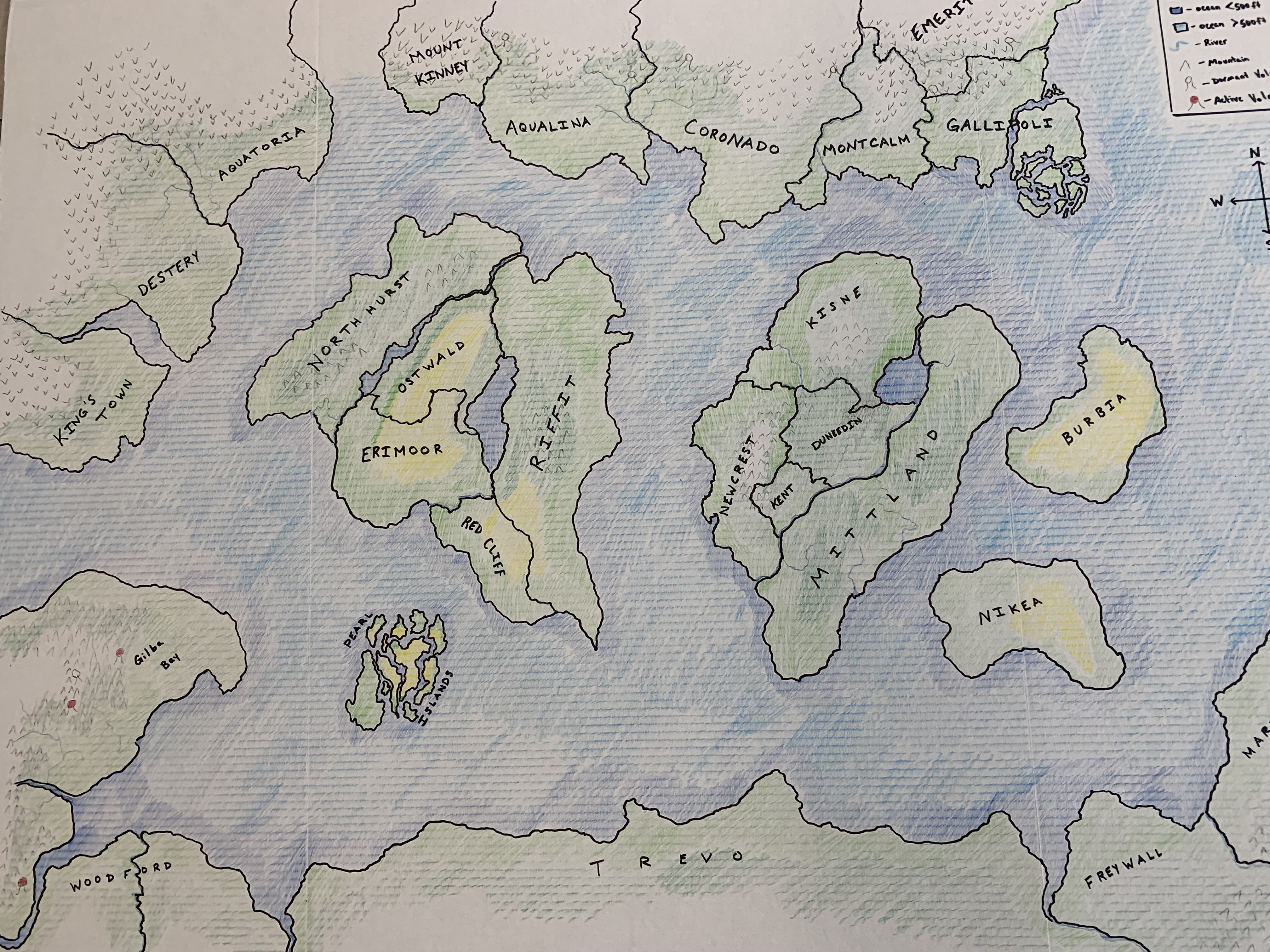
Is World Peace possible today?
Michael Callahan (Rutland High School Teacher)
In this real-time, interactive simulation, participants will have the chance to control a country politically, economically, and socially to turn their country into a world power. Students must make decisions under pressure that will affect their country’s future including war, economic depressions, natural disasters, and more.
Local Issue: Civic engagement with an appreciation for the complexities of governing
Global Issue: Peacekeeping, Conflict Prevention, Combating Terrorism
Fresh Water Crisis: Diplomatic Simulation
Science Lab 5

When dealing with complex issues, how do we communicate in a way that promotes solutions?
Detlef Hagge (Rutland High School Teacher)
Participants will play the roles of stakeholders while trying to negotiate a peaceful solution to a water crisis senario.The habitat of an endangered species must be considered against the benefits of building a dam.
Local Issue: Learning how to communicate effectively with people who hold different perspectives on important common issues.
Global Issue: Biodiversity and Ecosystem Losses
Social Media’s Impact on Developing Nations
White 21
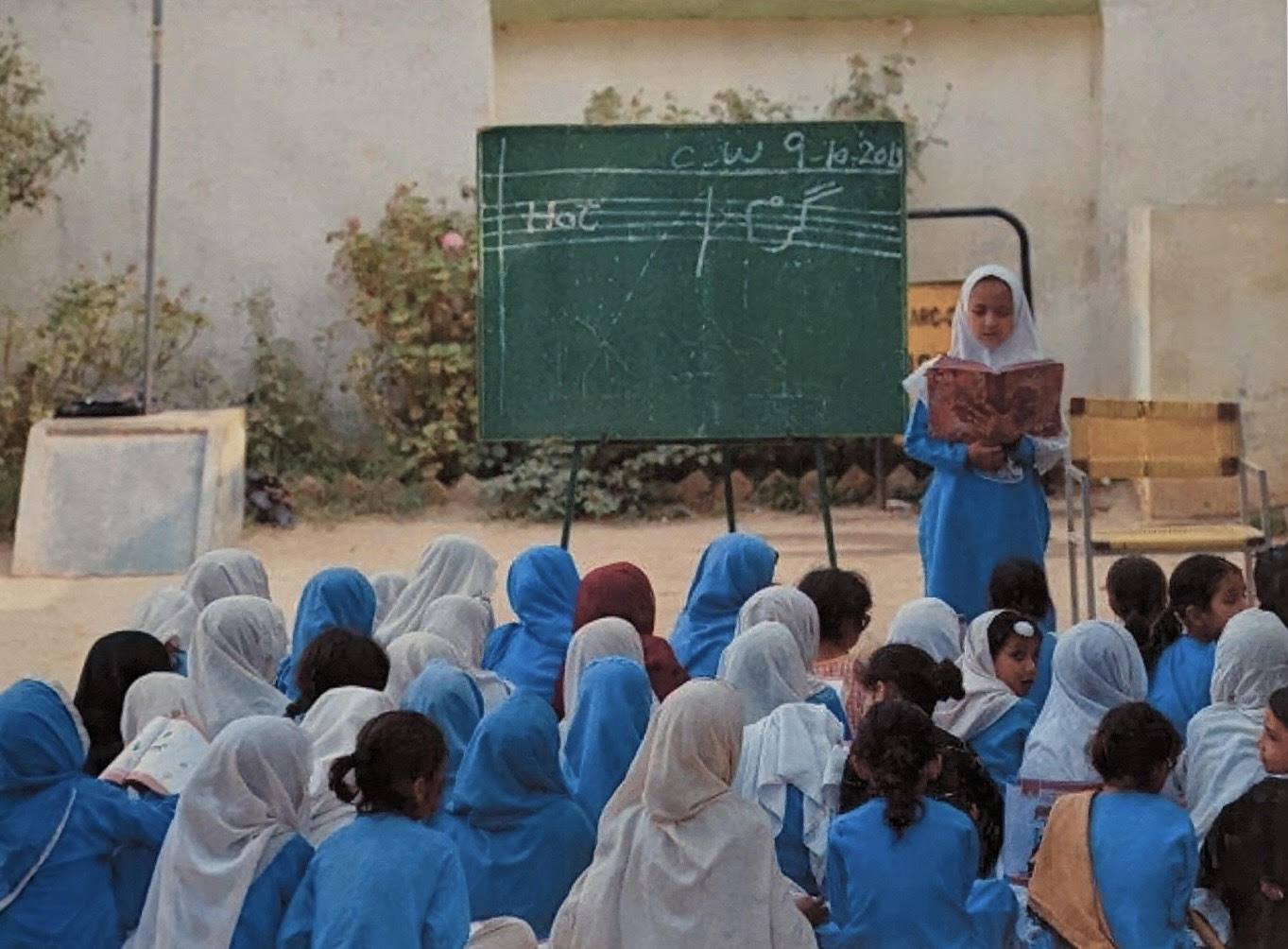
How can social media impact quality of life in developing nations?
Jamisyn B. (Rutland High School Student)
Participants will learn of the positive ways to use social media to affect change and to support civic and social progress. This presentation will touch on water deficits and insecurity.
Local Issue: Participants will become aware the importance of testing, monitoring, and protecting the quality of their homewater supply regardless of whether it is municiple or well sourced.
Global Issue: Water Deficits
Protecting Wild Mustangs
Lab 8
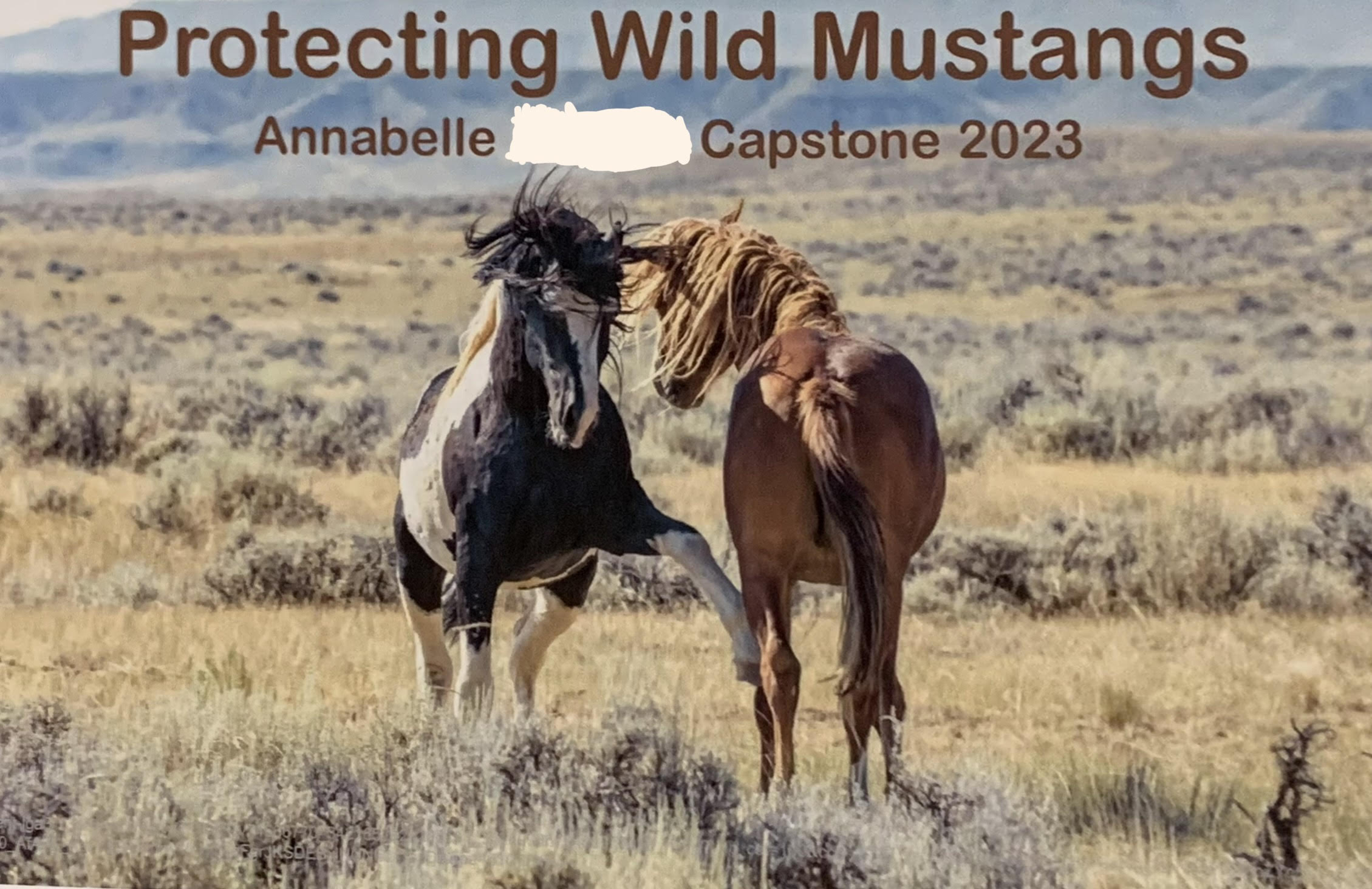
How can we intervene to protect Wild Mustangs, whose habitats have been compromised by developers, farmers, and ranchers?
Annabelle M. (Rutland High School Student)
Annabelle will share the stories of her passion and commitment to protecting Wild Mustangs in Vermont.
Local question: How can the average person help save Wildstangs?
SDG: Life on Land
Global Issue: Biodiversity and Ecosystem Loss
How Microgrid Technology Can Have Large-Scale Impacts on Electric Reliability and Sustainability
Lab 3

How can we design and implement reliable and cleaner energy sources?
Leo P. (Rutland High School Student)
Participants will learn about the evolution of the energy “grid” system, regionally, nationally, and internationally. Part of Leo’s presentation will contain highlights from a podcast that he recorded so he can also address questions about how to get started doing podcasts of topics of your choosing
Local Issue: How can we develop energy systems for ourselves and communities in new and more sustainable ways?
Global Issue: Climate Change
Recent Advancements in Total Joint Anthroplasty
Red 17

What are the latest treatments available in the developed world to address joint replacements and how can those be shared with the rest of the world?
Mia M. (Rutland High School Student)
In this session participants will hear about the latest technology available for joint replacement and joint therapy treatments and how access differs in various regions of the world.
Local question: What are the treatment options in our region?
Global Issue: Massive Step-up Against Poverty
Inclusion for Better Solutions
White 16

How can we cultivate solutions for global issues if we exclude large segments of the population from the process?
Clarena Renfrow (Rutland High School Technology Teacher)
In this all-day session, during Women’s History month and on the heels of Black History month, students will examine the contributions of Black women in the fields of mathematics and science. The discussions will be anchored by excerpts from the film Hidden Figures.
Local Issue: How do we make STEM programs accessible, attractive, and welcoming to all learners?
SDG: Gender Equality
Global Issue: Education For All
Rain Barrel Decoration
Creative Structure
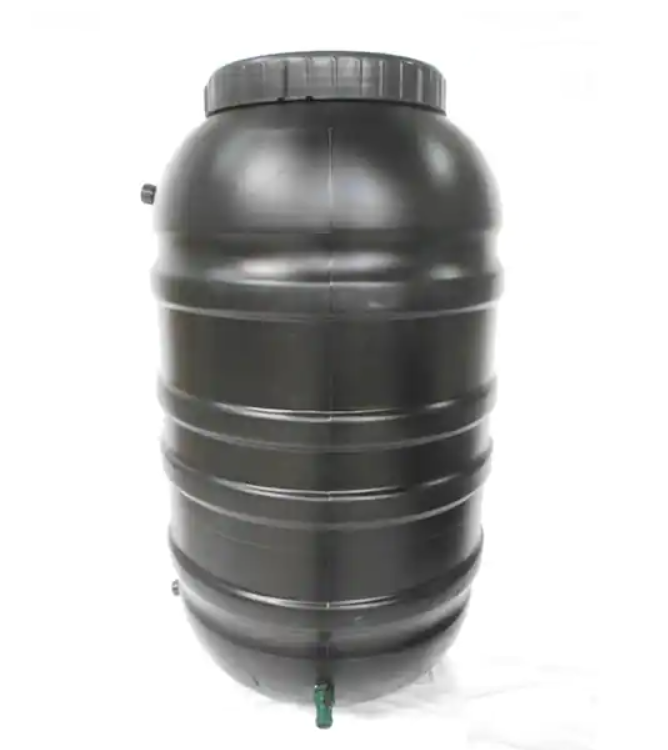
How can we support the work of Non-Governmental Organizations (NGO’s) doing good work to provide access to clean water?
Elizabeth McReynolds & Madeline Pritchard (RHS Art Teachers)
Participants will decorate 55 gallon rain barrels that will be donated to our community partner, Pure Water for the World, for raffel to the community for fundraising to support their work in Haiti and Honduras. Participants will use art to make a difference. Some lucky raffle winners will get beautiful rain receptacles for their gardens, farms or yards.
Local question: How can we manage our personal use of water better?
Global Issue: Water Deficits
Public Works
Red 20

How do we get clean water to our taps and process waste water so that it can be used again?
Tom Garafanno
In this session students will learn the measures taken to assure that our local water is safe and accessible and how we can operate to help.
Local question: How does the Rultand City Public Works manage our local water and what can we do to help?
Global Issue: Water Deficits
How do we reduce waste?
Red 14
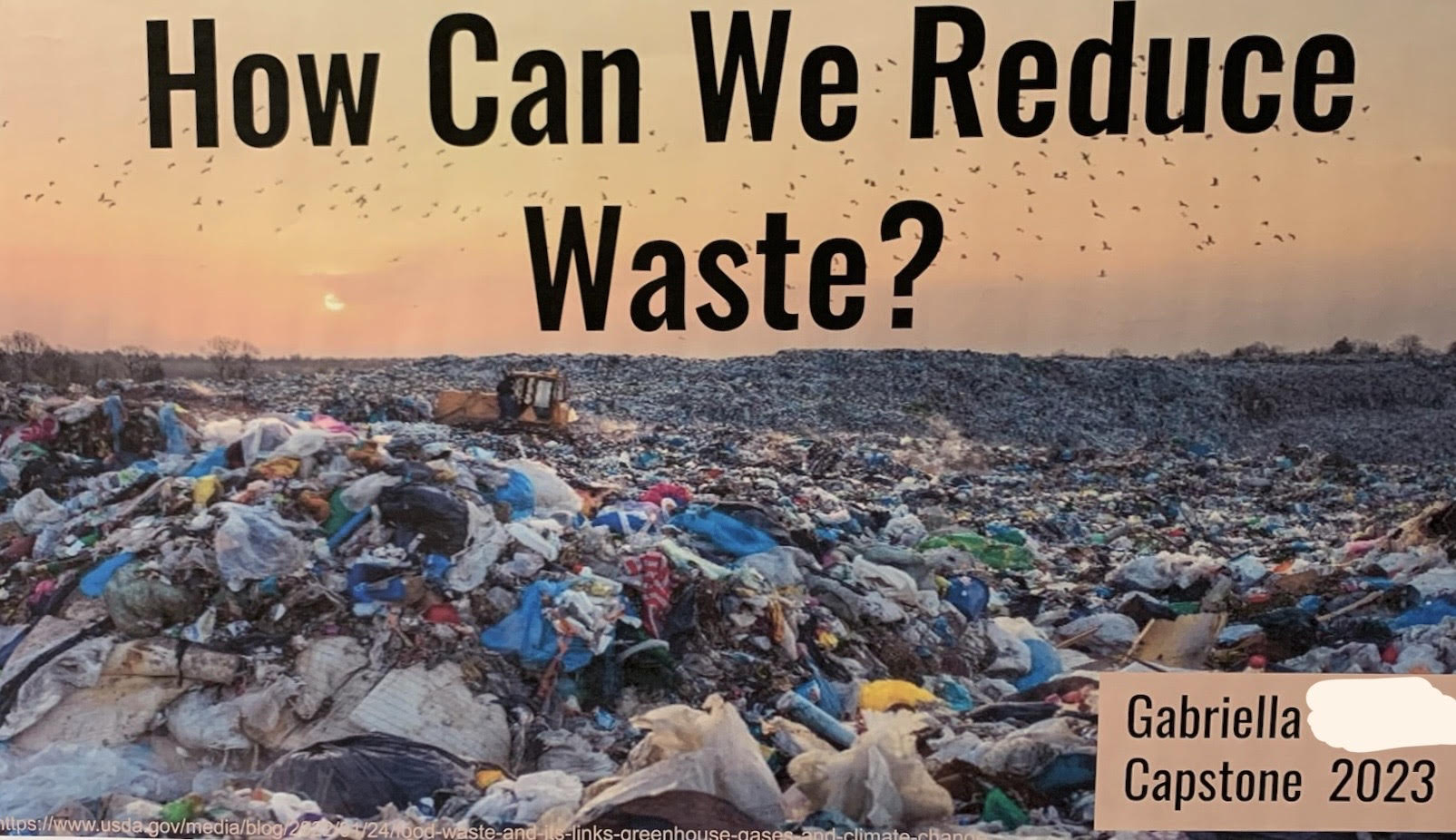
How can we reduce personal consumption and waste habits?
Gabriella S. (Rutland High School Student)
Participants in this session will explore alternative, reusable products and get an understanding of the staggering amount of the waste that we create each year. Gabriella will offer some concrete examples of substitutions that we can introduce into our purchasing habits.
Local issue: How can we at RHS reduce our consumption and waste habits and how can we recycle better?
Global Issue: Pollution
Play about Water
Theater
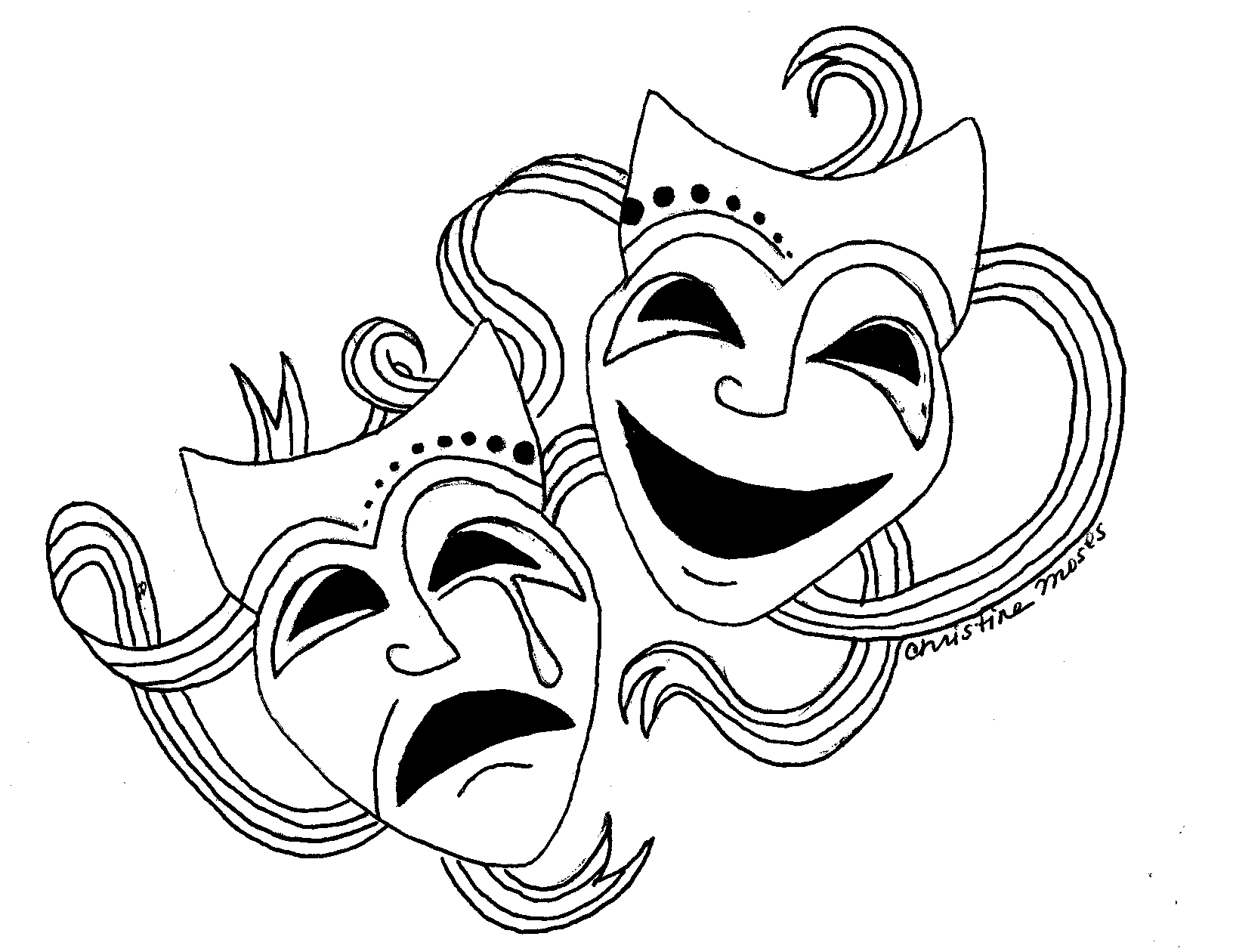
How can the arts inspire action about the environment?
Cathy Archer and Her Theater Students
Cathy Archer RHS theater teacher and her theater class students will share a short original play based on the theme of the GIN conference this year: WATER. This endeavor is an example of the power of the arts to inspire thought and action around pressing Global Issues.
Local issue: How can the arts amplify the scientific and political voices that are urging environmental action?
Global Issue: Water Deficits
Meet our Rotary Exchange Student from Italy
Red 24

What is it like to be an exchange student?
Giuseppe M. (Rutland High School Student)
Have you ever considered being an exchange student? Do you want to welcome an exchange student? In this session, students will learn more about our exchange student from Italy, Giuseppe. He’ll explain how the Rotary program works and will offer some stories from his experience as well as a glimpse of his home city in Italy.
Local Question: How can RHS improve our ability to welcome exchange students?
Global Issue: Peacekeeping
Governor’s Institute of Vermont
Lab 7

How do we determine the quality of our water?
Christine Massey
Christine Massey of UVM and the Governor’s Institute of Vermont will guide participants through basic water testing. She will also give participants a glimpse of the research, computing and technology available at UVM during the summer at the Environmental Science and Technology Institute’s summer program.
Local Question: Is our water safe?
Global Issue: Water Deficits
Heart Disease
White 25

How can young people avoid contracting heart disease?
Lauren S. (Rutland High School Student)
Heart Disease has been the world’s eading cause of death for the last 15 years. In this presentation students will learn about the different kinds of heart disease and how to avoid them.
Local issue: What incentives do young people have to change their behaviors in order to prevent heart disease?
Global Issue: Massive Step-up to Decrease Poverty
Preparing for Difficult Conversations
Red 26
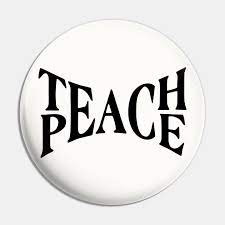
Why are some conversations difficult and is there anything we can do to prepare for them that would make the process easier?
Marsha Cassel (Rutland High School Teacher)
In this session participants will examine the elements that potentially make a conversation difficult. They will learn about different conflict styles and learn the effective elements of an effective apology.
Local Question: How can we encourage curiosity and listening for understanding ino order to prevent and to transform conflict?
Global Issue: Peacekeeping, Conflict Prevention, Combatting Terrorism
Water Themed Paper Circuits
White 17

What are Paper Circuits and how do you create them?
Greg Styles (Rutland High School Teacher)
Participants in this session will learn how to create a functioning electrical circuit built on a paper foundation while investigating information about Water deficits. Students will learn how to make paper circuits while interacting with statistics about WATER.
Local Issue: How can students learn about water deficit issues and create learning tools to spread the information using paper circuits?
Global Issue: Water Deficits
Creating a Green Reality
Lab 2
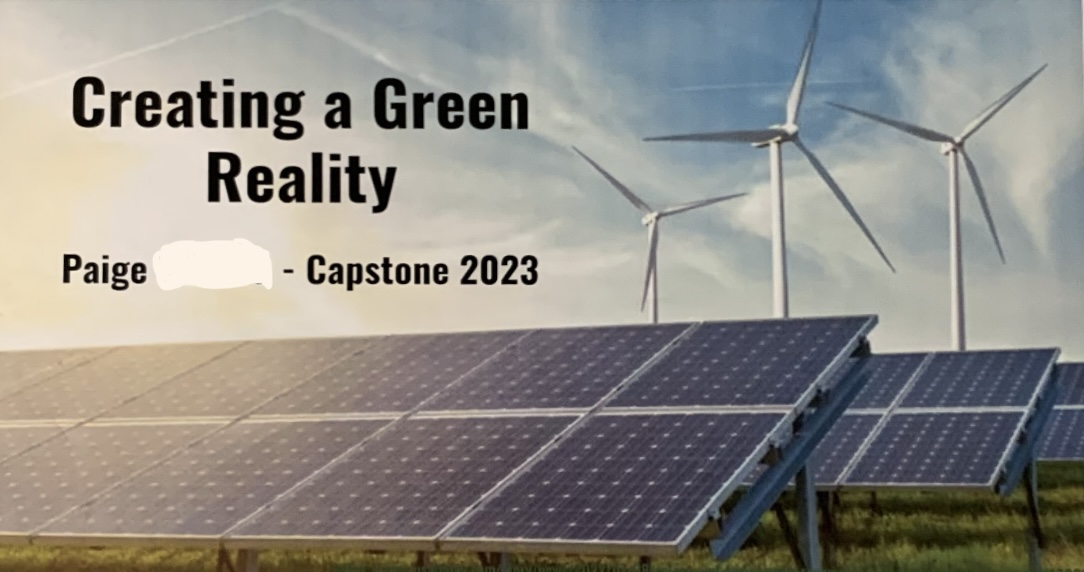
How can we create a sustainable energy program?
Paige H.
In this student Capstone [presentation you will learn about the urgency to reach for affordable and Clean energy supplies and be exposed to some of the solutions that people are reaching for.
Local Issue: What are we doing in Vermont to attain affordable and clean energy?
Global Issue: Climate Change